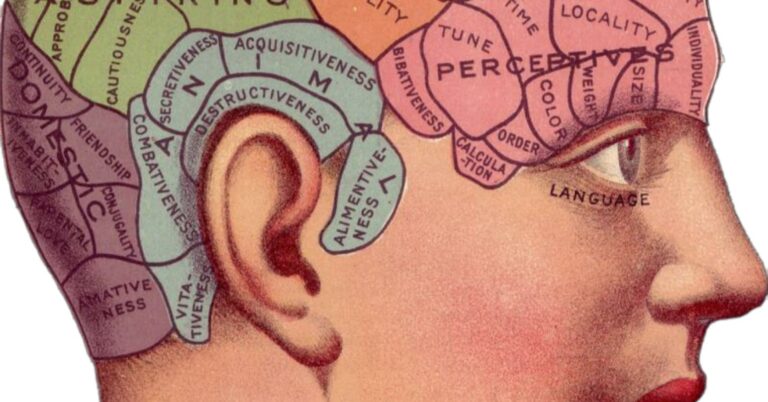The recent attacks and increased conflict in the Middle East are having devastating impacts on families and people all over the world. We pray for peace and resolution of these conflicts and for the safety of the hostages and all those impacted. In our work with survivors of trauma, we know these events will leave deep emotional and physical scars that require time and support to heal. In times like these, for those who are able, it is good to be ready to support impacted people in whatever ways you feel able.
Often just being available to listen as someone tells you their story of how these events have impacted them can be needed support. Listening may sound like it is a small contribution to recovery, but it is a skill that requires consideration and practice, and it is far from easy to be a good listener. For some people, it comes more quickly than others. It is good to be aware of how you are as a listener. It is hard to hear about someone’s pain.
One important piece of listening under these circumstances is to listen without feeling you need to provide a response or to fix anything. Validation only requires us being there to hear it and say, “I am sorry this happened.” Sometimes silence and sitting with someone who told you about a difficult experience is all that they need. It can be healing for a trauma survivor or impacted person to be able to just tell you what they have been through and what they are feeling. Often reflection of what they are telling you is all that they need. Reflection provides an opportunity for them to consider more deeply what has happened as well as their feelings and reactions to what happened. It helps them not feel as alone in their pain.
When listening, it is also critical to listen without judgment. Provide an ear that is not putting a value on what they are feeling but just be present for them to tell their experience. They need space to consider and reconsider and process to be able to move through the difficult experiences and out the other side.
Not trying to fix the situation (unless they have specifically asked you to) can be hard. It can be hard to refrain from making suggestions, but unless they are asking, “What should I do?” it can feel overwhelming or invalidating. Most of us need to practice not saying everything that comes into our heads. Keep in mind as you are listening, you are providing a space for the survivor to move through the skills of emotional processing. Feel it, stay with it, share it, let it go. These skills are further described in Making Meaning of Difficult Experiences: A Self-Guided Program. The more we are willing to be there as a sounding board for others, the more we understand the experiences of others and the more we are connected to our world. Connection brings empathy, and empathy brings understanding. By understanding, we have the opportunity for forgiveness and peace. Truly listening is a first step.
Copyright Barbara O. Rothbaum, Ph.D. & Sheila A.M. Rauch, Ph.D.


















+ There are no comments
Add yours